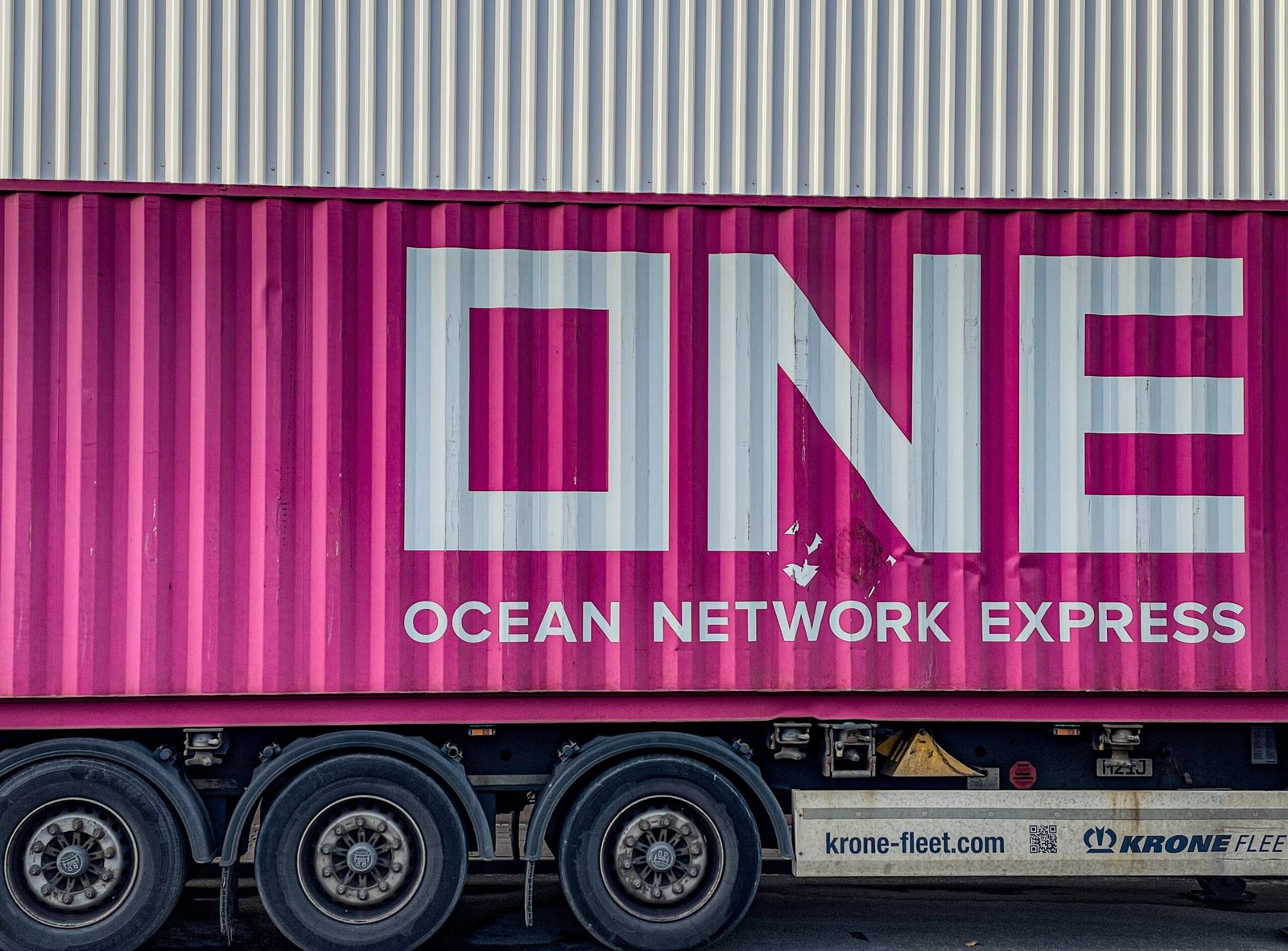The global supply chain is a complex web of interconnected trade routes and supply chains that spans across continents and oceans. It is a delicate balance that keeps the wheels of commerce turning smoothly. However, any disruption, whether it be natural disasters, political conflicts, or economic crises, can send shockwaves throughout this intricate system, causing widespread consequences for various industries.
The Ukraine-Russia Conflict: A Catalyst for Global Supply Chain Disruptions
In recent years, the ongoing conflict between Ukraine and Russia has been a cause for concern for businesses and governments alike. The geopolitical tensions and trade restrictions between these two nations have the potential to disrupt key trade routes and supply chains, leading to a domino effect that can impact businesses across the globe.
1. Energy Sector:
One of the most immediate and significant impacts of the Ukraine-Russia conflict is felt in the energy sector. Russia is a major exporter of natural gas to Europe, and any disruptions to the gas supply can have severe consequences for industries reliant on this energy source. The uncertainty surrounding the conflict creates a volatile environment, causing energy prices to fluctuate and businesses to scramble for alternative sources.
2. Manufacturing and Automotive Industries:
The manufacturing and automotive industries heavily rely on global supply chains to source raw materials and components. Any disruptions to these supply chains can lead to production delays, increased costs, and ultimately, a decrease in productivity. With Ukraine being a key transit country for trade between Europe and Asia, any conflicts or restrictions can disrupt the flow of goods, affecting manufacturers and automakers worldwide.
3. Agriculture and Food Supply:
The Ukraine-Russia conflict also has implications for the agriculture and food supply chain. Ukraine is known as the “breadbasket of Europe,” and any disruptions to its agricultural exports can lead to food shortages and price increases. Additionally, trade restrictions and political tensions can hinder the smooth flow of food products, impacting global food security.
The Domino Effect: Cascading Effects on Global Supply Chains
While the Ukraine-Russia conflict may seem like a localized issue, its impact on global supply chains is far-reaching. The interconnected nature of the global economy means that disruptions in one region can have cascading effects on industries and markets worldwide.
For instance, a delay in the delivery of raw materials from Ukraine to a manufacturing plant in Germany can lead to production delays. This, in turn, can affect the supply of finished goods to retailers, causing inventory shortages and potential revenue losses. The ripple effects continue as retailers struggle to meet consumer demand, leading to dissatisfied customers and potential brand damage.
Furthermore, the uncertainty surrounding conflict-related disruptions can also have long-term effects on investment decisions. Businesses may be hesitant to invest in regions or industries that are vulnerable to geopolitical tensions, leading to a slowdown in economic growth and development.
Preparing for the Unpredictable: Mitigating the Impact of Supply Chain Disruptions
In an increasingly interconnected world, businesses need to be proactive in mitigating the impact of supply chain disruptions. Here are some strategies to consider:
1. Diversify Suppliers and Markets:
Relying on a single supplier or market can leave businesses vulnerable to disruptions. By diversifying suppliers and markets, companies can reduce their dependence on a single source and spread the risk across multiple regions.
2. Enhance Transparency and Communication:
Establishing strong relationships with suppliers and maintaining open lines of communication can help businesses stay informed about potential disruptions. By having a clear understanding of their supply chains, companies can quickly identify and address any issues that may arise.
3. Invest in Technology and Data Analytics:
Utilizing technology and data analytics can provide businesses with real-time insights into their supply chains. By leveraging predictive analytics and monitoring tools, companies can identify potential disruptions before they occur and take proactive measures to mitigate their impact.
4. Scenario Planning and Risk Assessment:
Developing contingency plans and conducting regular risk assessments can help businesses anticipate and prepare for potential disruptions. By simulating different scenarios and identifying vulnerabilities, companies can develop strategies to minimize the impact on their supply chains.
Conclusion
The Ukraine-Russia conflict serves as a stark reminder of the vulnerability of global supply chains to geopolitical tensions and conflicts. The ripple effects of any disruption can be felt across industries and continents, causing significant challenges for businesses worldwide. By adopting proactive measures and preparing for the unpredictable, businesses can navigate these disruptions and ensure the resilience of their supply chains.
